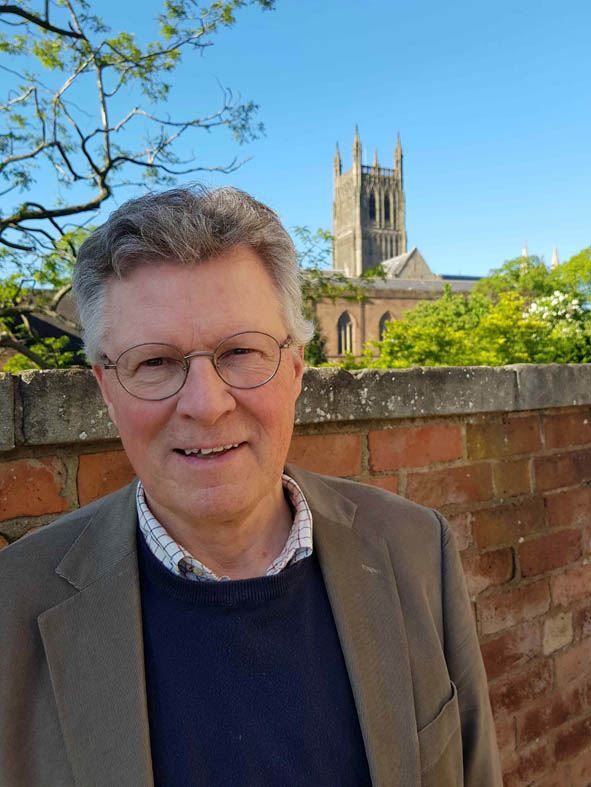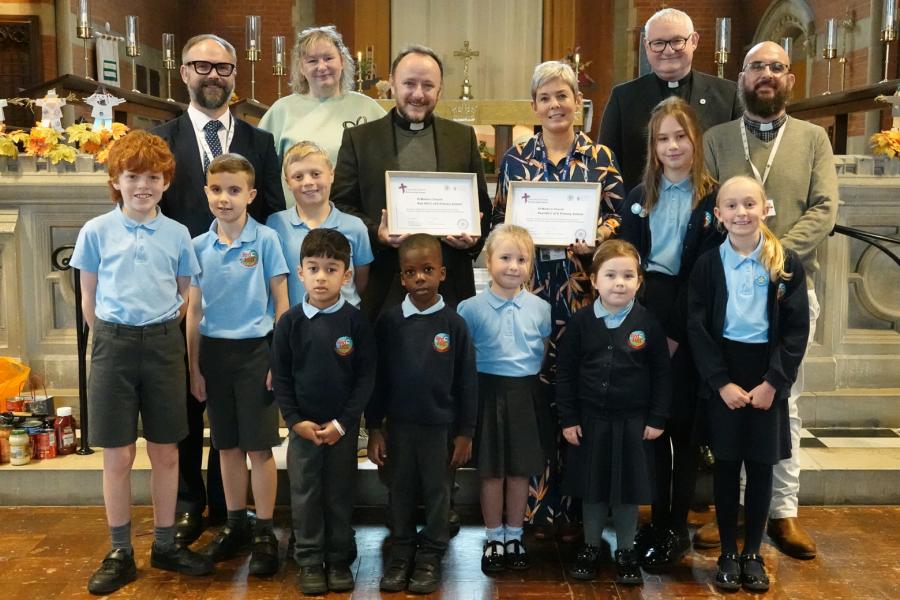 An article for November editions of parish magazines from the Dean of Worcester, Peter Atkinson:
An article for November editions of parish magazines from the Dean of Worcester, Peter Atkinson:
When you go home, tell them of us and say, “For their tomorrow, we gave our today”’.
Those words, composed by John Maxwell Edmonds for use on war memorials, have gained a familiar place in our Remembrance Sunday observances. They are words which prompt us to ask, ‘How do we live now, being the survivors, the heirs, and at least in some respects the beneficiaries, of the dead whose names we remember today?’
For some people that is a particularly hard question to be asked. There is, as we know, something called ‘survivor guilt’, a sad and painful state of mind which finds it hard to come to terms with living when others have died. Those who have lost friends or relatives or comrades in wars, in accidents, in natural catastrophes, in acts of terror, but themselves come through physically unscathed, can find themselves bearing a different sort of scar.
But these words are not meant to add to the weight of survivor-guilt for those who suffer from it; they are addressed to us all. How do we, the living, build a world, fashion a society, create a community which is somehow worthy of the price paid by the dead?
Well, one answer is clear: it is not to go back and re-create a vanished era, though there are worrying signs today of that sort of nostalgia.
So what is our agenda, a century on from when John Maxwell Edmonds wrote his famous words, a century in which the dead have never stopped saying, ‘For your tomorrow, we gave our today?’ The dead whom we remember today, we say, gave their today that there might be a tomorrow worth having. Let’s make the ‘tomorrow’ we offer our children a ‘tomorrow’ for which they will be grateful.
Peter Atkinson, Dean of Worcester

